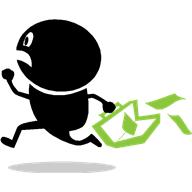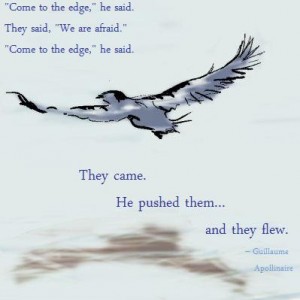A recent online article by C. Hope Clark, Are we speaking for free, too?, prompted me to dust off a piece I wrote long ago at www.Writing.com. I’ve decided to reprise it here, since I have a primarily new audience.
What’s a writer?
I once installed a new kitchen sink and garbage disposal in my condo. That doesn’t make me a plumber. I once built some shelves for my closet. That doesn’t make me a carpenter. I once watched a meteor shower streak through the night sky. That doesn’t make me an astronomer.
Writers are professionals. Professionals are paid for their work. Hence, writers are paid for their work.
Everyone else is an “aspiring writer,” or a hobbyist.
As an example, if you write short fiction and you’ve looked around at print markets for your work, you’ve no doubt discovered that more outlets don’t pay than do pay. Sure, they may offer “2 free contributor copies.” Oh goodie! Now I can eat something besides PB&J sandwiches and macaroni & cheese. Oh wait! Never mind.
Just in case that’s not bad enough, you might subsequently have this conversation:
MAGAZINE EDITOR: I discovered that you posted your story on a website where people have access to it.
ME: That’s right. It’s an interactive writer’s site. We review each other’s material and offer some constructive feedback, perhaps a little encouragement. We can all use more of that.
EDITOR: Sure, but people can read your story there.
ME: Yes, this story has had 138 views as of this morning, primarily by other writers, no doubt.
EDITOR: See, that’s what we consider “previously published,” and we expect “First-Time” rights.
ME: But it’s 138 people.
EDITOR: That doesn’t matter.
ME: 138. That’s 138 people in the whole world. How many of those do you suppose are part of your 1,200 subscribers?
EDITOR: That’s not the point. We pay for first-time rights.
ME: Really? What do you pay?
EDITOR: We pay 2 free contributor copies.
ME: Oh goodie! Now I can pay the rent this month!
(Pregnant pause)
Imagine calling a plumber to install your new water heater:
YOU: I’d like you to remove the old water heater, install my new one in the same spot, and dispose of the old one.
PLUMBER: Okay, that will require three hours of labor, which costs $270. Additionally, there’s a $50 fee for disposing of your old water heater.
YOU: Well, I don’t actually offer money for plumbing services, but I will pay “2 free written references.” Man, that’s gonna look good on your resume!
(Pregnant pause)
Yeah, how’s that new water heater working out?
It’s amazing how many magazine editors think we writers should feel “honored” that they want to publish our material… absolutely free. Yep, we should be thrilled that their 1,200 readers (Oh joy!), or 800 readers (How wonderful!), or 300 readers (Are you kidding me?) are going to read our story.
Let’s close out that first conversation:
EDITOR: You know, this would be a good job if it weren’t for you damned writers!
Yeah, it’s so nice to be loved and respected.
I’ll give you a little hint, Dear Writer: You create this problem for yourself… every time you agree to work for free. The sooner we all stop doing that, the sooner we’ll get paid for our work. You have the power. We have the power, and it’s time for a little peaceful revolution.
‘Til next time, and as always, remember: To write well, you must work hard. To succeed in this tough gig, you mustn’t be lazy (or discouraged).








Please follow me here: